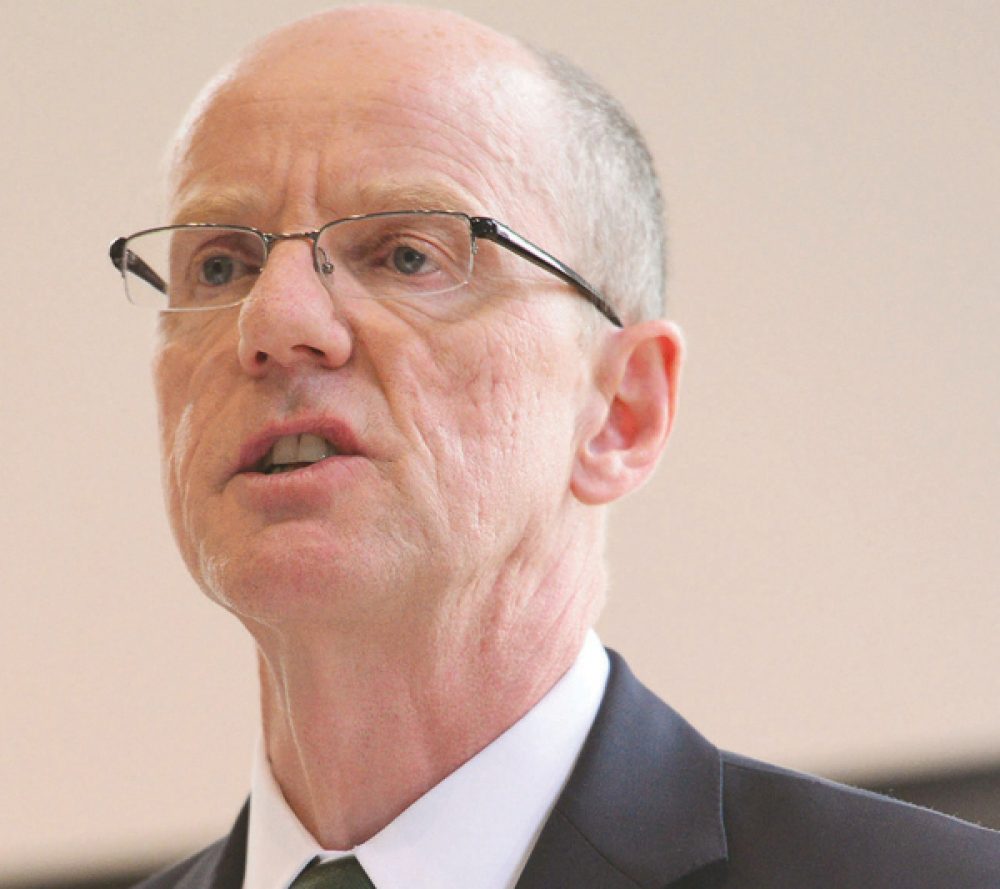Schools minister Nick Gibb has stated that free schools and academies are not “necessarily better” than their local-authority maintained counterparts.
Speaking at ResearchEd this morning, Mr Gibb said the government’s academies programme had created an “education ecosystem” where ideas can flourish.
More than 700 teachers are today attending the event, which is now in its third year, at South Hampstead High School in London.
He said: “This government does not believe that all academies and free schools are necessarily better than maintained schools, but, through granting unprecedented freedom to individual schools we are creating an education ecosystem in which new ideas can flourish.
“Be it the emphasis on Russell Group universities pioneered by the London Academy of Excellence, or the remarkable teaching at King Solomon Academy, which is a school where over 60 per cent of pupils are on free school meals and have just achieved 93 per cent of A*-C for the second year running and an astonishing 75 per cent of pupils achieve the EBacc GCSEs.”
Mr Gibb also praised the online teaching community, and its impact on events such as ResearchEd and said bloggers had “directly influenced policy” – claiming this makes it the best time to be a teacher.
He said: “Rather than challenging it, teachers burned the midnight oil, tweeting and blogging about how to improve their profession.
“According to blogger Old Andrew, there are 1,237 active education blogs in the UK. And, many of them, I can testify, have directly influenced government policy. It gives new voices the chance to challenge old orthodoxies.
“This well-spring of free thinking teachers proves to me that there is no better time to become a teacher, than now.”
Addressing claims about teachers leaving the profession, Mr Gibb said the number of those remaining as teachers after five years was almost a 25 percentage points higher than what has been claimed previously.
He said: “In contrary to the widely made claim that 50 per cent of teachers are teaching five years after qualifying, that figure is in fact 72 per cent.”
In the main hall this morning, Tim Oates – group director of assessment research and development at Cambridge Assessment – debunked common claims when comparing the English educational system transnationally, and Daisy Christodoulou discussed “life after levels”.







You have 2 children that you claim to love equally.
But you only ever praise one of them.
You give all your attention to that one child.
You give all your money to that one child.
You tell the world that when you have other children you only want them to be like that one child.
When that one child gets results that are below par, you still say it is “outstanding” even though the other child gets better results.
What message are the children really sent?
How will each child feel about you as a parent?